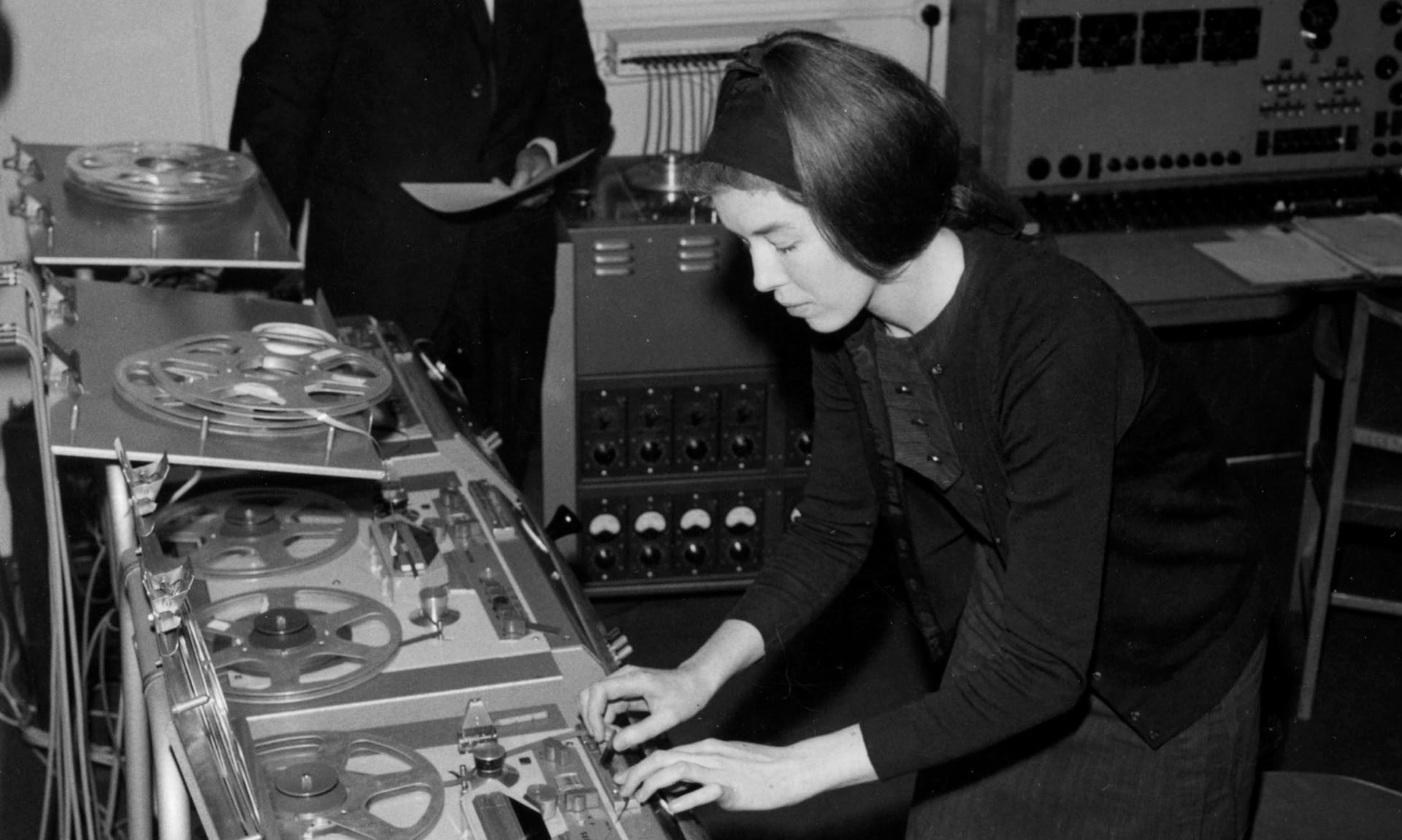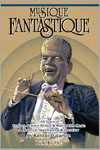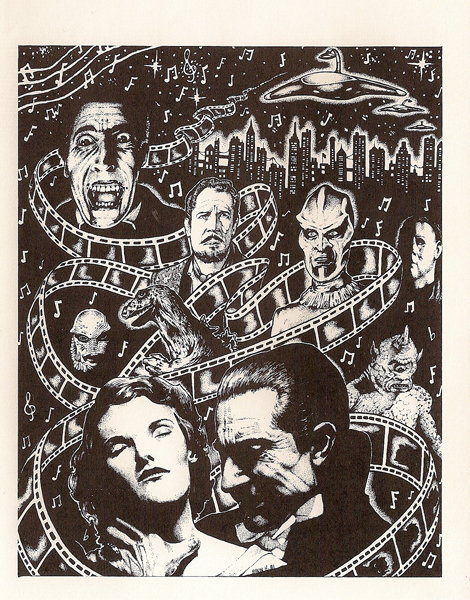November 26, 2017
Delia Derbyshire, under-appreciated electronic music pioneer, honored by hometown university
From a story posted at www.theguardian.com on Nov. 20, 2017
By Helen Pidd, North of England editor
The under-appreciated Delia Derbyshire, the electronic music pioneer behind the DOCTOR WHO theme has been awarded an honorary PhD from Coventry University last week.
Largely ignored in life and barred from working in studios because she was a woman, Derbyshire created a new wave of sounds and arrangements in music during the 1960s and 70s, and paved the way for more women to work in the music production business.
In 1962 gained access to the experimental Radiophonic Workshop, developing an entirely new type of music by playing notes on tape and then speeding them up or slowing them down. She went on to transform a written score by Ron Grainer for a new TV series, DOCTOR WHO, into an iconic piece of electronic music. Due to BBC policies at the time, Grainer – unwillingly – is still officially credited as the sole writer. She also composed an electric score, in collaboration with Brian Hodgson, another member of the BBC Radiophonic Workshop, for John Hough’s memorable haunted house horror film, LEGEND OF HELL HOUSE (1973).

Photograph: BBC Photolibrary
Derbyshire stayed at the workshop for ten years, recording sound for Inventions for Radio and Cyprian Queen – all in the days before modern synthesizers and machines. She was later approached by Paul McCartney to work on an electronic backing track for the Beatles hit “Yesterday,” although it was never recorded.
But despite her talent and credit from her peers, Delia failed to gain widespread recognition during her lifetime, and she died aged 64 in 2001. But Derbyshire and has since been widely acknowledged as a pioneer in electronic music, having inspired the likes of the Chemical Brothers, Sonic Boom, and others.
Mark Ayres, a current composer and sound designer at the Radiophonic Workshop, said: “Any composer of my generation with an interest in electronic sound and music cannot fail to have been influenced by Delia’s talent. It is very fitting that Delia is receiving this posthumous honorary doctorate from Coventry University. Delia was proud of her roots in the city and deeply affected by the damage wreaked upon it during the Second World War, though much inspired by the sounds she heard around her during that time.”
Read the full story at theguardian.com




